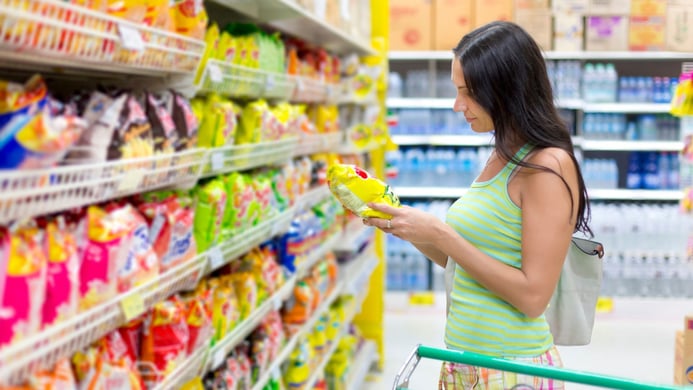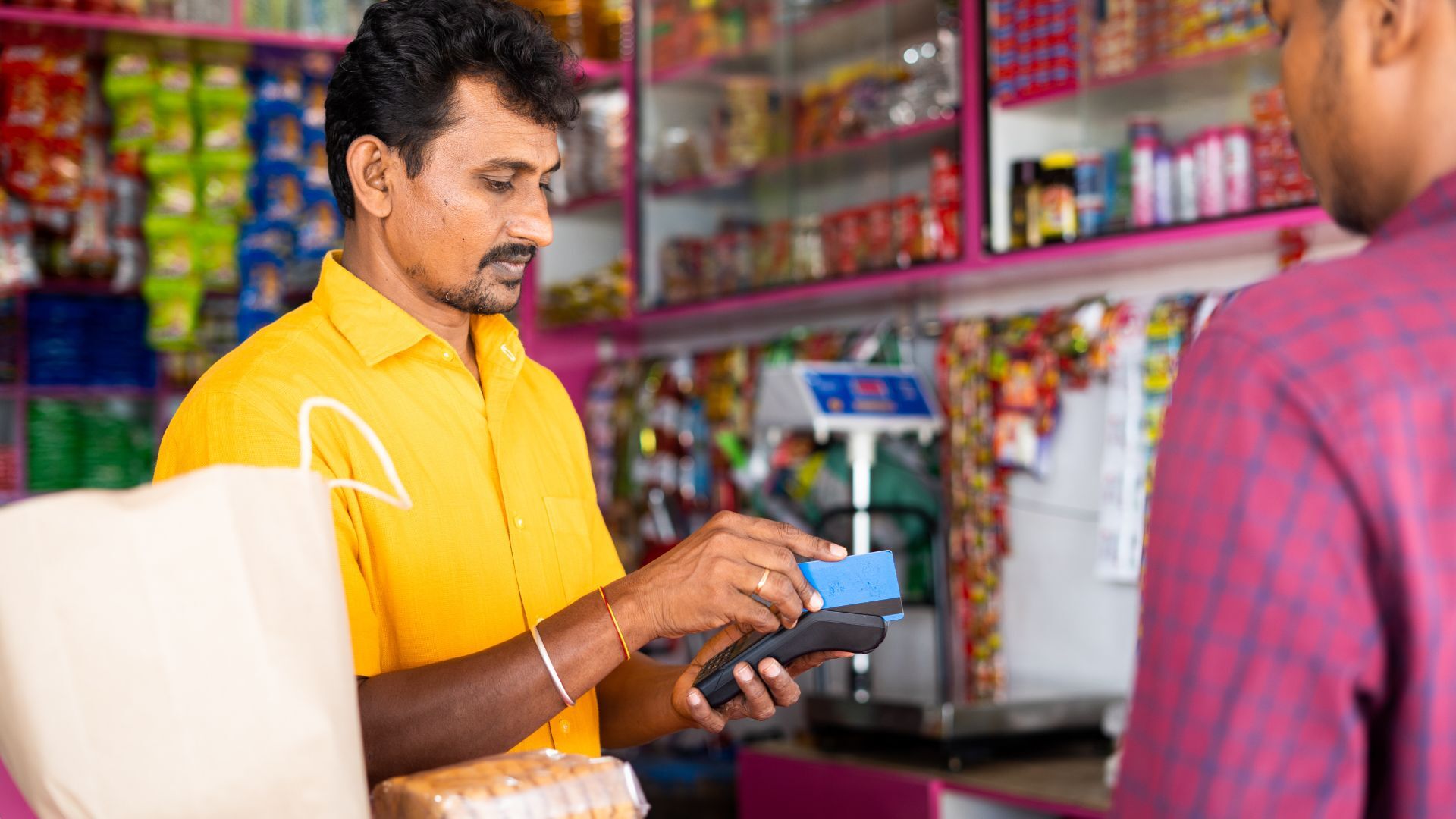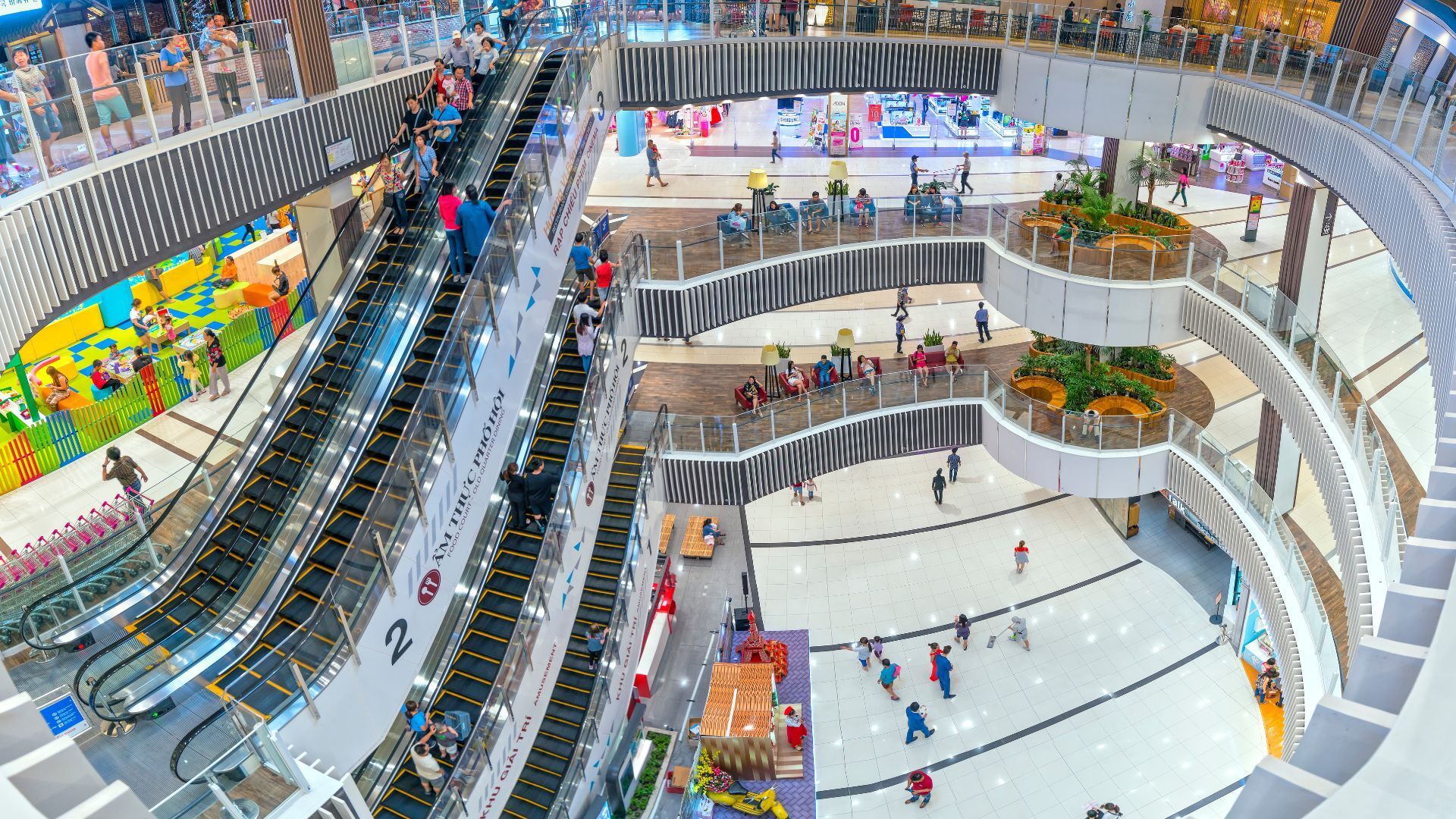
India’s retail and FMCG landscape is undergoing a dynamic shift, driven by renewed urban demand, evolving consumer expectations, and a push towards long-term brand value. Experiential retail is becoming central to strategy as over 70% of shoppers seek immersive, lifestyle-led store formats.
Meanwhile, FMCG giants are witnessing a gradual recovery, with urban consumption picking up and rural demand staying strong. Emami is focusing on future-ready categories like health foods and pet care, while market leaders like HUL face growing competition from Reliance and nimble regional players.
A growing concern, however, is the rise of ‘quarterly capitalism’, which may be undermining long-term innovation. The overall outlook remains positive, with easing inflation, favourable monsoons and structural shifts in consumer habits expected to support growth.
As smaller brands redefine market rules and quick commerce changes retail dynamics, India’s consumption engine is slowly but steadily powering back to life.
Click on the headings below for insights on how these trends are shaping India’s retail landscape…
1. Why experiential retail is more than just a trend in India
Experiential retail in India is evolving beyond mere trendiness into a strategic transformation, retail spaces are being reimagined as lifestyle and entertainment destinations to meet growing consumer demand for immersive, participatory experiences. Driven primarily by Millennials, Gen Z and Alpha, more than 70 percent of Indian shoppers now favour active engagement over traditional shopping, prompting developers and brands to invest heavily in experience-led formats.
2. Retail's FMCG turns the corner as urban demand looks up
Green shoots are emerging in urban consumption after months of a slowdown. The June quarter numbers and commentary of some of the country’s top fast-moving consumer goods companies suggest that urban demand is finally coming out of the recent slump. This has been driven by favourable macro-economic fundamentals, lower food inflation, and monetary and fiscal policy measures, FMCG CEOs said, with the trend expected to stay over the full financial year.
3. Emami aims to build future-ready FMCG business across personal care and healthcare
Organised Emami Limited is strategically focusing on health food, nutrition, pet care, and aloe vera-based fruit juices to drive future growth. The company aims to sharpen its portfolio within three to five years, capitalizing on the increasing consumer preference for natural and herbal products. With a strong financial position, Emami is also open to acquisitions that align with its long-term vision.
4. Quarterly Curse: How short-termism is undermining FMCG leadership and long-term brand value
In India’s fast-moving consumer goods (FMCG) sector, the pace of change has become relentless, not just in consumer preferences or channel dynamics, but at the very top of the leadership chain. A new era of 'quarterly capitalism' has taken root, pushing companies to prioritize short-term wins over long-term value creation. CEO tenures are shrinking, brand-building has become tactical, and deep-rooted business strategies are often shelved in favour of immediate investor appeasement.
5. HUL versus Reliance: India's FMCG universe promises to be full of action
India’s FMCG sector is gearing up for intense competition as Reliance aggressively expands its footprint using its Jio‑powered playbook to target mass segments, while HUL leans on premium growth categories to sustain its leadership. The rivalry has accelerated amid slowing volume growth at HUL, rising regional brands, and Reliance’s multi‑thousand‑crore investment in beverage and snack portfolios.
6. Small brands teach new tricks to FMCG giants
India's FMCG sector is witnessing a shift as regional brands challenge established giants with innovation and local understanding. These smaller players are gaining market share by catering to specific regional tastes and leveraging quick commerce platforms. Investors are increasingly interested in these agile brands, prompting larger companies to adapt and collaborate to stay relevant.
7. India's Consumption Theme Is Raring To Come Back
India’s FMCG sector is showing clear signs of revival as consumption is bouncing back, especially in rural markets where demand growth continues to outpace urban areas. Minor short‑term challenges like unseasonal rains aside, sector leaders expect improved volumes and earnings in the coming 12–18 months supported by easing inflation, a favourable monsoon, pay commission benefits and lifestyle-driven premiumization.


 2 minute read
2 minute read


